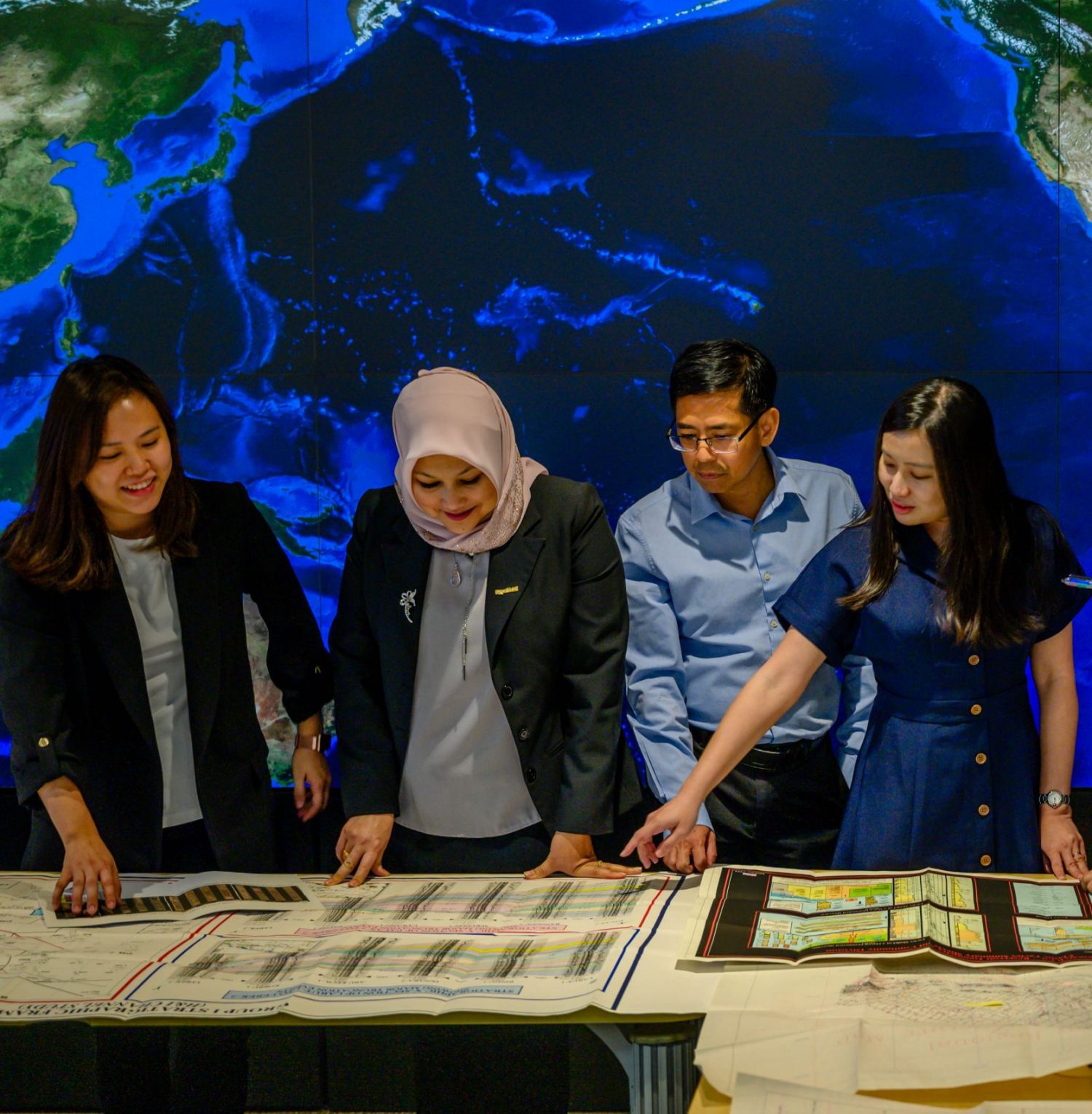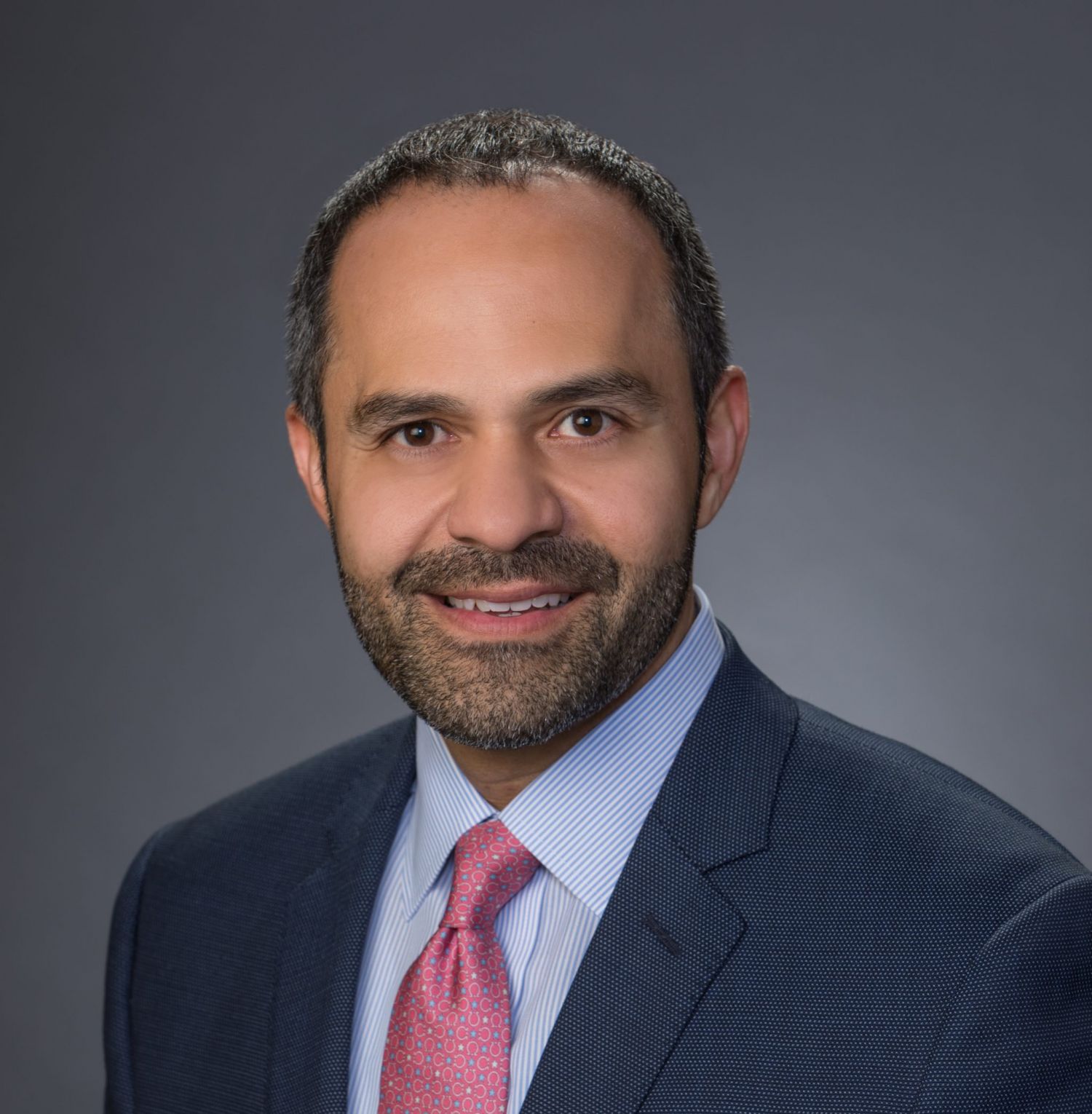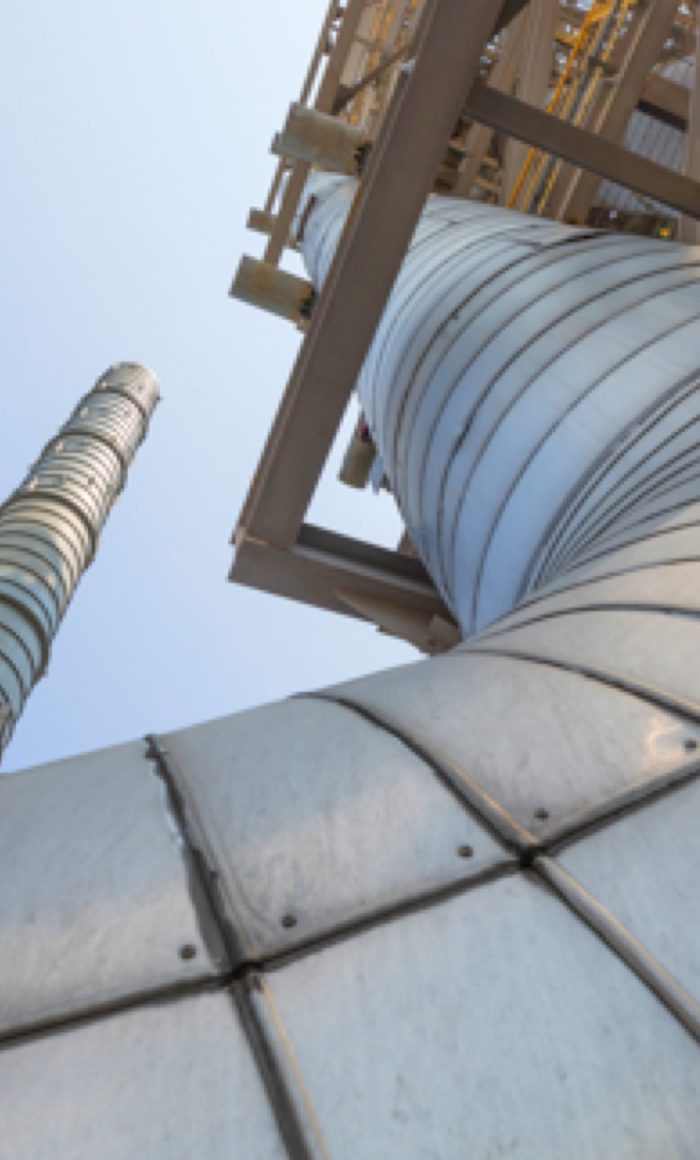ExxonMobil’s signing of carbon capture, transport and storage agreements with state-owned energy company PERTAMINA, in Indonesia and project development agreements with national oil company PETRONAS, in Malaysia, is putting the countries in a leadership position for the region’s growing CCS industry.
The Project Development Agreements signed in Malaysia help outline the next steps for the maturation of technical scopes for the CCS value chain, evaluation of the identified fields for CO2 storage utilization, development of appropriate commercial framework and establishment of advocacy plan support on regulations and policy development in enabling CCS projects.
In Indonesia, Heads of Agreement were signed to outline the next steps for a potential US$2.6 billion CCS project in the country. It includes concept-select, pre-Front End Engineering Design, as well as subsurface work programs, which could play a part in storing up to 3 billion metric tons of CO2 in Asia Pacific.
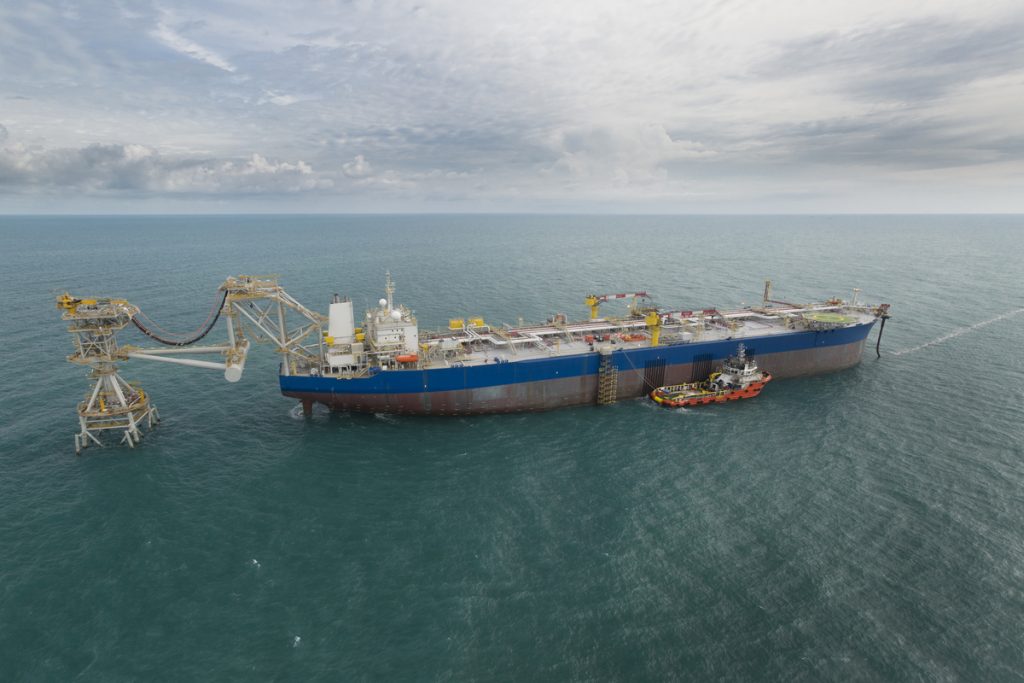
Low Carbon Solutions Asia Pacific president Irtiza Sayyed says carbon capture can provide an economic boost for Malaysia and Indonesia, while helping to reduce regional emissions.
“The CCS hubs being contemplated are an essential step towards large-scale CO2 capture and removal, and can help accelerate the upscaling of CCS to meet these nation’s lower-emission goals and potentially achieve significant regional emissions reductions,” Irtiza says.
“These agreements support these countries’ net-zero ambitions, and goals to become CCS leaders in the region.
“By providing a large-scale storage solution for hard-to-decarbonize sectors, our companies will support their growing economies through low-carbon investments – creating job opportunities and adding revenues for the countries.”
ExxonMobil is also exploring and working with governments, industry and other key stakeholders to assess different CCS opportunities in the AP region.
THE KEY POINTSThe next steps to develop CCS hubs in Malaysia and Indonesia are being taken together by ExxonMobil and the respective national energy companies. Both projects could store domestically and internationally captured CO2. Malaysia
Indonesia
|
What is CCS and why do we need it?
A range of technologies are being explored to help reduce global emissions. The International Energy Agency has said, “reaching net zero will be virtually impossible without CCS.”
CCS is the process of capturing CO₂ emissions from industrial activity or power plants that would otherwise be emitted into the atmosphere. The CO₂ is trapped and removed at the source, before being processed and then transported to a location where it can be injected deep into underground geological formations for safe, secure, and permanent storage.
CCS is critical as many of the products we rely on every day are made using energy-intensive manufacturing processes – fuels, plastics, steel, cement and electricity, just to name a few. These are products modern society cannot live without, but the processes used to make them all generate CO₂. CCS can remove around 90% of CO2 emissions from these industrial activities or power plants that would otherwise be released into the atmosphere, helping to reduce industrial and power-related emissions on a large scale, without having to reduce the rapid pace of development, as countries lift the standard of living for billions of people.
A safe solution
Decades of research, monitoring and study, including by the UN’s Intergovernmental Panel on Climate Change, have shown that storing CO2 underground in the right locations is a safe and permanent process.
Over hundreds of years, this stored CO2 even begins to mineralize, and potentially becomes a solid material after combining with other minerals. So the longer CO2 stays underground, the safer it becomes.
ExxonMobil’s leadership in Asia Pacific
ExxonMobil is at the forefront of CCS, having captured and stored more CO2 than any other company over the last 30 years.
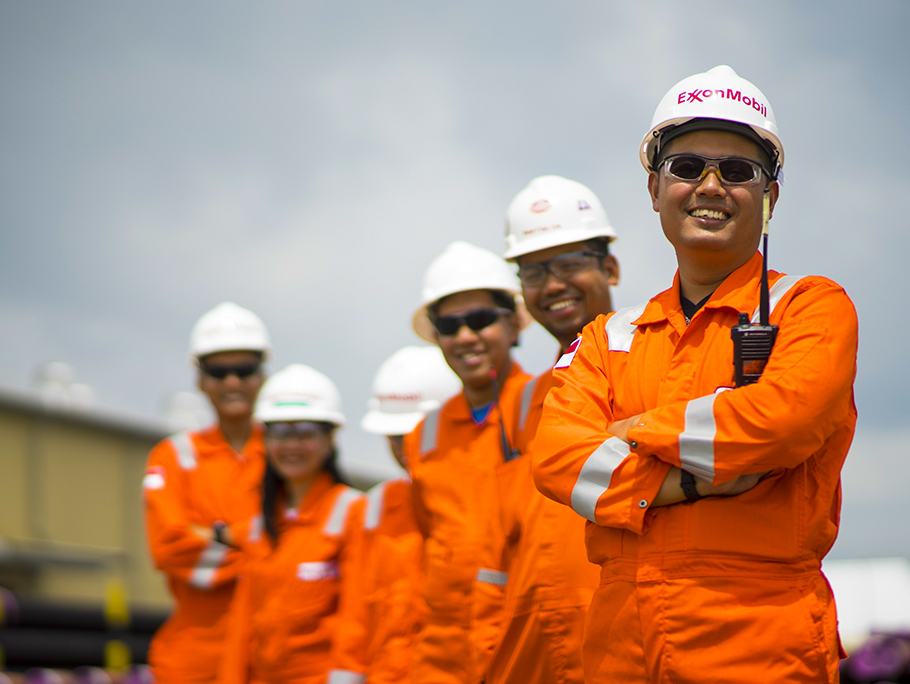
Today, it captures carbon emissions at a number of locations across the world, including in the United States, Australia, and Qatar.
Beyond the agreements in Indonesia and Malaysia, ExxonMobil is working across Asia Pacific in collaboration with governments, industry, academia and other key stakeholders to assess and develop different CCS opportunities and technologies.
The company’s experience scaling up major projects and expertise in CCS make it uniquely qualified to lead the charge in turning these plans into a reality and to help nations and industries meet their emissions-reduction goals.
